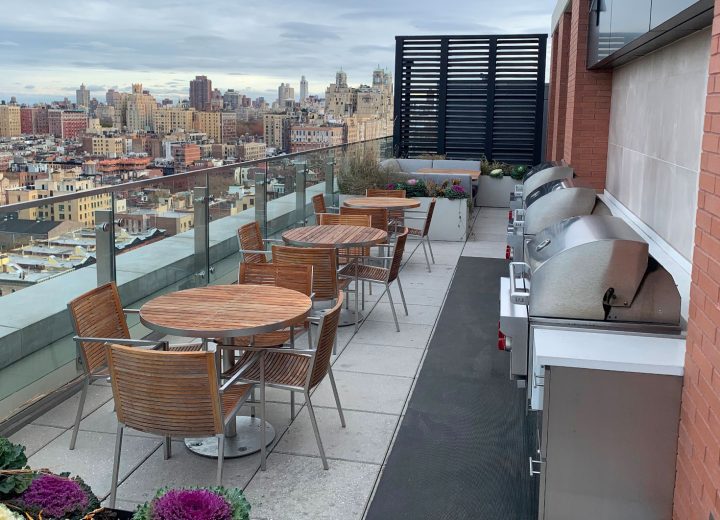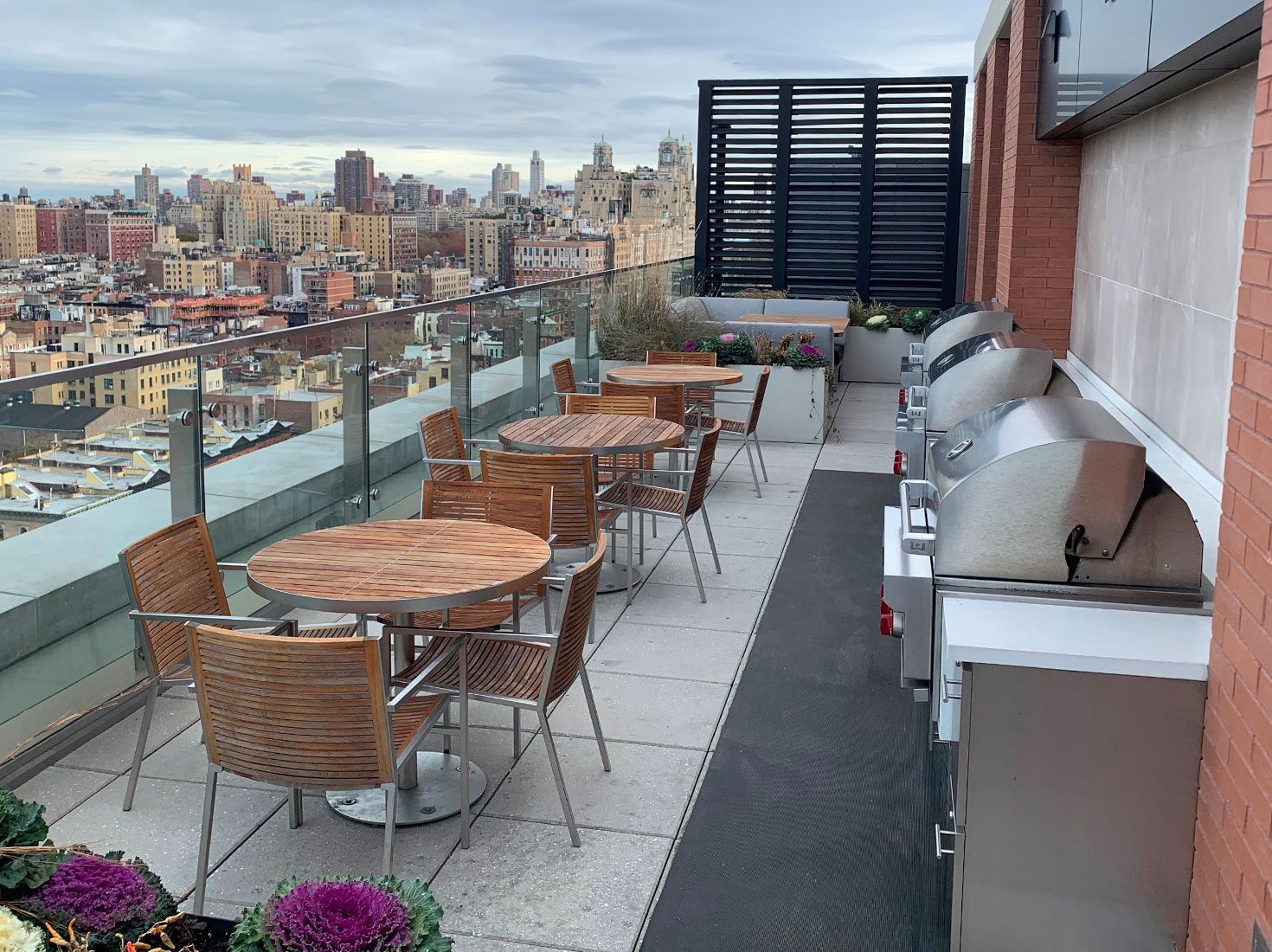New York City Bans Fossil Fuels in New Construction
The New York City Council passed landmark legislation making it the nation’s largest city to phase out fossil fuels for new construction and gut renovations.
In a move that will significantly impact new building projects and real estate development in New York City, the Council voted on December 15, 2021 to set carbon dioxide emission limits that effectively prohibit fossil fuels, like gas and oil, in most new buildings and gut renovations. Instead, buildings will be all-electric, which, advocates say, will cut carbon and methane emissions and improve local air quality.
Requirements phase in over 5 ½ years, a timeline intended to allow the market to catch up with new products and design strategies, and also to delay implementation in larger buildings to appease developers’ concerns. For buildings under seven stories, the law goes into effect on January 1, 2024, then on July 2, 2027 for buildings seven stories or taller. Buildings with 50% or more affordable housing units have an extra two years to comply (2026 for under seven stories and 2028 for taller buildings).
The law provides exceptions where required for certain uses, like manufacturing, hospitals, laboratories, and commercial kitchens, as well as for buildings used to generate electricity or treat sewage or food waste. Hot water systems also have extra time to convert to all-electric, as products designed to meet the market at scale are still limited. The law covers not only new construction, but also gut renovations that require new building permits.
Before the new requirements go into effect, the law requires that the Mayor’s Office conduct studies on the feasibility and cost of heat pumps, and on the reliability and resiliency of the city’s electric grid. The results of these studies may impact the eventual scope and timeline of the requirements.
The Real Estate Board of New York and the National Grid lobbied to slow the law’s rollout, over concerns that the ban’s effect on climate would be limited until the city stops getting most of its electricity from fossil fuels. Consolidated Edison, along with the Urban Green Council, which helped draft the legislation, pointed to a state law transitioning to renewable energy sources for electricity, and presented evidence that the city’s power grid could handle the increase in demand.
Beyond the law’s impact on climate change, the lead sponsor of the measure, Councilwoman Alicka Ampry-Samuels (D-Brooklyn) points to the reduction in air pollution and climate-related health effects that disproportionately effect people of color. Redressing environmental inequities, in addition to creating jobs in clean energy and saving consumers the cost of gas connections, are just some of the benefits lauded by supporters of the legislation, all of which are projected to come without a substantial rise in building costs.
For more information, see the the law or this summary from The Urban Green Council.
About Hoffmann
Founded in 1977, Hoffmann Architects specializes in the rehabilitation of the building envelope. The firm’s work focuses on the exteriors of existing structures, diagnosing and resolving deterioration within facades, roofing systems, windows, waterproofing materials, plazas/terraces, parking garages, and historic and landmark structures. We provide consulting services for new building construction, as well as litigation and claim support. Our technical professionals investigate and correct damage resulting from time and weather, substandard or improper construction, design defects, material failures, poor workmanship, structural movement, and stress.

